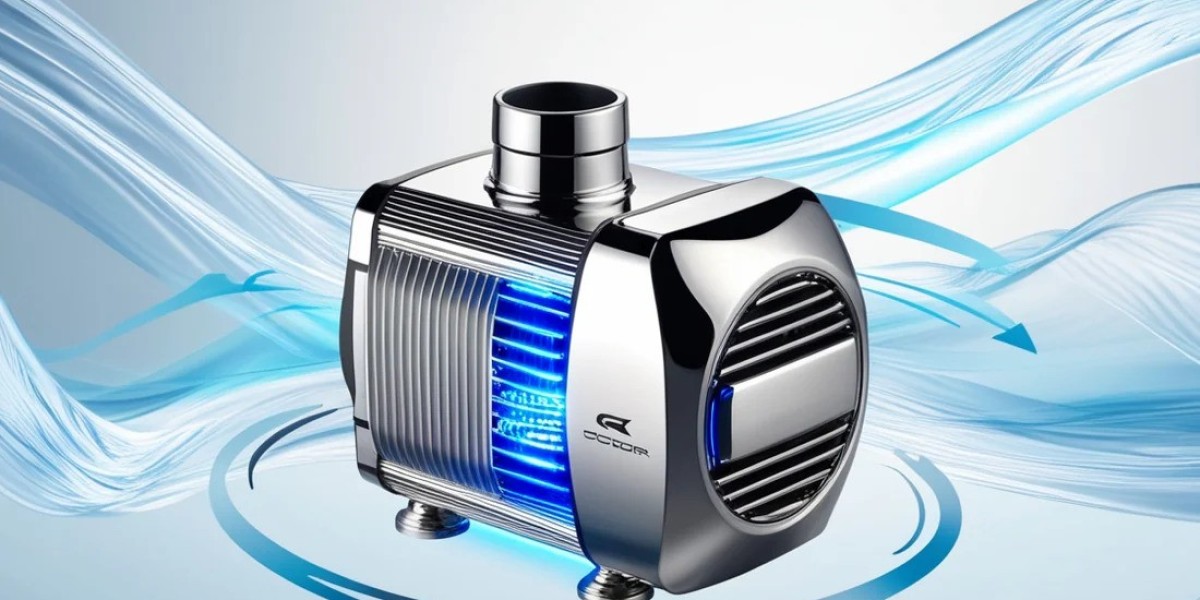In recent years, the automation in the hotel industry has emerged as a pivotal force, reshaping the way hotels operate and enhancing the guest experience. As technology continues to evolve, hotels are increasingly adopting automated solutions to streamline operations, improve service delivery, and meet the ever-changing expectations of their guests.

Understanding Automation in the Hotel Industry
What exactly does automation in the hotel industry entail? At its core, it involves the use of technology to perform tasks that traditionally required human intervention. This can range from automated check-in and check-out processes to smart room controls and personalised guest services. By integrating these technologies, hotels can not only enhance efficiency but also create a more seamless experience for their guests.
Key Benefits of Automation
- Enhanced Efficiency: Automation reduces the time staff spend on routine tasks, allowing them to focus on providing exceptional service.
- Personalised Experiences: Automated systems can analyse guest preferences and tailor services accordingly, ensuring a unique stay for each visitor.
- Cost Savings: By minimising manual processes, hotels can significantly reduce operational costs, leading to better profitability.
- Improved Accuracy: Automation reduces the likelihood of human error, ensuring that reservations and guest requests are handled accurately.
Innovative Technologies Driving Change
The automation in the hotel industry is powered by various innovative technologies. For instance, self-service kiosks have become commonplace, allowing guests to check in and out without waiting in long lines. Additionally, mobile apps enable guests to control room settings, request services, and even communicate with hotel staff directly from their smartphones.
Moreover, the integration of Internet of Things (IoT) devices in hotel rooms has revolutionised the guest experience. Imagine being able to adjust the lighting, temperature, and entertainment options with just a few taps on your phone. This level of control not only enhances comfort but also aligns with the growing demand for personalised services.
Challenges and Considerations
While the benefits of automation are substantial, it is essential to consider the challenges that come with it. For instance, how can hotels ensure that technology does not replace the human touch? Balancing automation with personal interaction is crucial. Guests still value the warmth and hospitality that only a human can provide.
Furthermore, hotels must invest in training staff to work alongside these technologies effectively. This ensures that employees can leverage automation to enhance guest services rather than view it as a threat to their roles.
Conclusion: Embracing the Future
As we look to the future, it is clear that automation in the hotel industry will continue to play a significant role in shaping guest experiences. By embracing these technologies, hotels can not only improve operational efficiency but also create memorable stays for their guests. For those interested in exploring the potential of home automation in hospitality, resources such as provide valuable insights.
In conclusion, the journey towards a fully automated hotel experience is not just about technology; it is about enhancing the human experience through innovation. As hotels navigate this transformation, they must remain committed to delivering exceptional service, ensuring that automation complements rather than replaces the personal touch.













